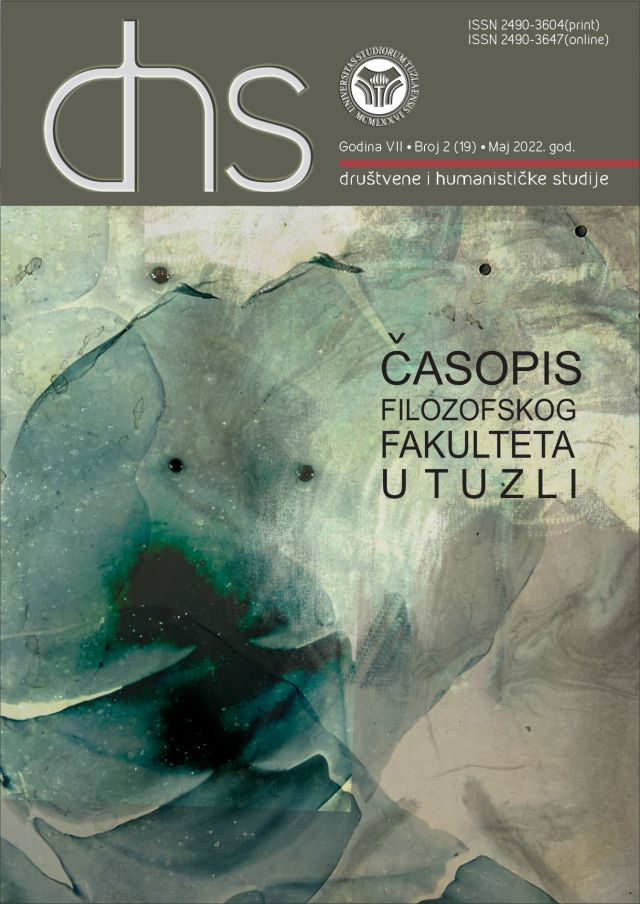“Not the time for fighting but for taking care of each other”: Portrayals of the Second World War in Two Asian-American Plays
“Not the time for fighting but for taking care of each other”: Portrayals of the Second World War in Two Asian-American Plays
Author(s): Ifeta Čirić-FazlijaSubject(s): Theatre, Dance, Performing Arts, Studies of Literature, Theory of Literature
Published by: Filozofski fakultet Univerziteta u Tuzli
Keywords: Asian-American Drama; multicultural theatre; Wakako Yamauchi; Velina Hasu Houston; 12-1-1; Asa Ga Kimashita;
Summary/Abstract: Most of humanity’s recorded history has been indelibly marked by armed conflicts in various places around the world, yet the scale and effect of the two world wars in the first half of the twentieth century were unprecedented. Both wars remapped the geography, politics, economies, and consciousness of prior realities, and echoed deafeningly throughout the modern literatures of diverse nations. Anglophone literature overtly portrays wartime atrocities and human ordeals, and concurrently raises awareness of, and agitates against, the savagery of warfare. It does so through its poignant Trench Poetry, the anti-war novels of the Lost Generation, dramas of the Holocaust, and theater of genocide, among others. Another, relatively recent, subgenre of Anglophone drama also addresses the subject of armed conflicts and their consequences, although its critics and reviewers mostly focus on identity politics, minority and ethnic studies, and the mix of ideas and images that are features of Asian-American theater. Within it researchers can find arresting examples of how an English-speaking theater represents conflict-induced displacement and migration and other repercussions of the Second World War, while dealing with one of the most discomfiting events in recent US history. This paper examines Wakako Yamauchi’s representation of the state-controlled relocation of Asian-American citizens and their consequent experiences, in her play 12-1-A; and Velina Hasu Houston’s portrayal of the Second World War’s ideological and socio-economic repercussions in the Japanese community, in Asa Ga Kimashita (Morning Has Broken).
Journal: DHS-Društvene i humanističke studije: časopis Filozofskog fakulteta u Tuzli
- Issue Year: XIX/2022
- Issue No: 19
- Page Range: 139-152
- Page Count: 14
- Language: English

